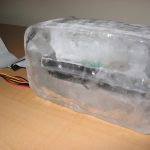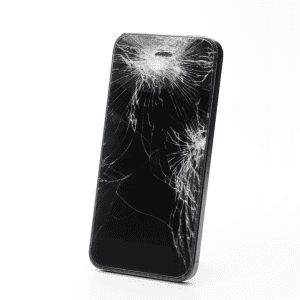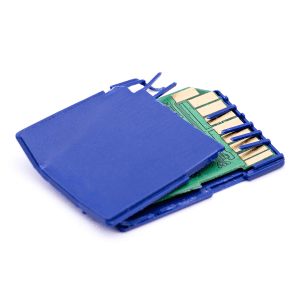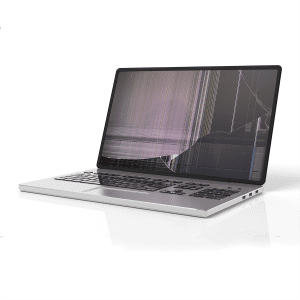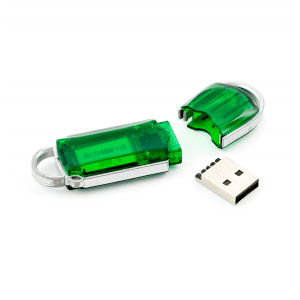Digital Camera Memory Recovery
As an industry leader in data recovery for flash media such as digital camera memory cards, we feel like we might be able to help a few of you from ever loosing your data in the first place. If you’re on our blog because you just experienced a data disaster – you accidentally formatted your memory card, deleted important images, or the card simply stopped working – STOP immediately and set the card aside. Continuing to use the card increases the chances that you are overwriting images, and many recovery software programs can actually make the problem worse. Contact us for help.
Read on for some tips to prevent data loss from digital camera memory cards (such as SD, SDHC, and CF cards).
- Before each use, format your cards in the camera you plan to use them on (not the computer). Formatting recreates the file system on the card and makes it less likely that the card will lose track of where your images are stored.
- Remember: formatting erases all images on the card! Before formatting check to make sure you have already downloaded the images to another form of media (preferably two other forms of media!).
- Resist the temptation to delete images while you are still shooting. Deleting images in camera only increases the chances of an accidental “Delete All”. Carry enough extra cards so you don’t have to worry about running out of memory, and delete the duds once the images have been safely transferred to another form of media.
- Store your cards in a protective plastic case. The manufacturer usually provides one with the card, but you can also buy inexpensive ones that hold multiple cards if you carry a lot of memory. CF cards in particular may appear durable, but they are vulnerable to physical damage. Dirt and debris can get into the tiny holes on the card over time, rendering them unreadable.
- Turn off your camera before removing the memory card. It’s not common, but failure to do so can cause electrical damage.
- If using a USB card reader to transfer images to your PC, make sure to properly eject the card reader before removing the memory card from the device.
- Bigger is not always better. Memory is relatively inexpensive right now, and it may be tempting to buy the biggest card possible. However, this creates a single point of failure and potentially 100% data loss – your whole vacation, an entire wedding. Buy smaller cards and carry more of them.
- Replace your camera battery before it runs all the way down. If the camera shuts off while writing to your card, you could experience data loss.
- Don’t put a password on your card unless you’re certain you will remember it. Even data recovery companies can’t get around strong encryption used on most flash devices.
Hopefully these tips will help you completely avoid losing any of your images from flash cards. If the worst should happen, however, you can be confident that we specialize in both logical and physical flash recoveries. We’ve seen everything from deleted files to electrical damage to flash drives that have been run over by a car. Contact us today to begin the recovery process.




